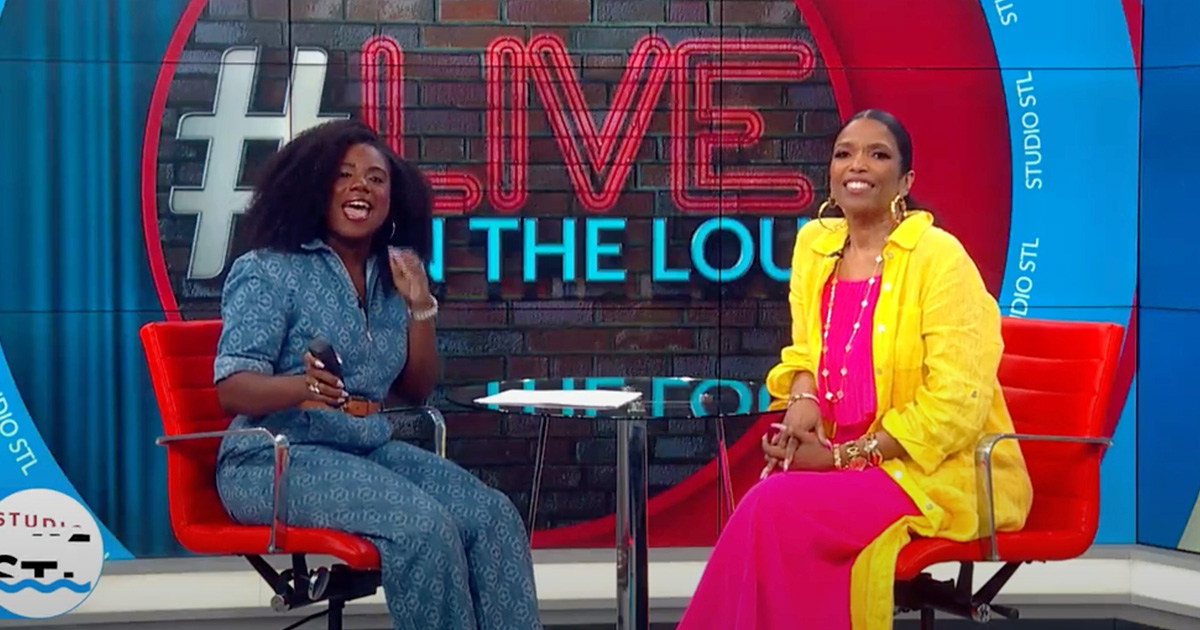If the election of Trump made one thing clear, it’s that it’s time to forget about the fantasy of a post-racial America. Many Trump supporters are highly uncomfortable with increasingly assertive black groups that rail against racism and injustice. Simply put, they’re tired of being called out and feeling guilty about “white privilege,” Black Lives Matters and trending hashtags like #OscarSoWhite. And they don’t want to hear about Beyonce’ being robbed at the Grammys (which she was!) In these voters’ minds, whites are the victims of discrimination. This type of misguided thinking makes racial equality in the US elusive, if not, impossible.
It would be easy to simply dismiss these Trump voters and to write them off as uninformed, uneducated and in some instances, racist. We could use the power of the exploding protest movement to recruit new and enlightened voters while trying to bring disaffected democrats back into the fold by being more sensitive to their plight.
Many pundits believe this is ill advised and that we must work harder to understand the Trump voter and to work harder to regain their trust and votes Maybe, we invite them to a Black History Month event, encourage them to watch Ava DuVernay’s award-winning documentary 13th. Whatever we do, it’s clear that we can’t just bow our heads and pretend racial injustice doesn’t still exist. We can’t just shut our mouths about sexism and police brutality, hoping to appease those who abuse and hold power over us.
I began the process of trying to understand the Trump voter several months ago. While I was still reeling from the shock of the surprise electoral victory of Donald Trump, I asked for your help in answering a mind-bending question: How did tens of millions of people, some of whom I call my friends, colleagues and neighbors, vote for a man with so many major flaws. How could they vote for a man who psychologists call a “malignant narcissist,”—a man who often acts and sounds crazy AF?!!! Did they not hear him kick off his campaign by calling Mexicans murderers and rapists? Did they not see the Access Hollywood tape in which he bragged about grabbing women by their private parts? Were they unconcerned with his history of racism against black people? Did they not care that he constantly lies, and promised to ban Muslims from entering the country? How could these people simply hold their noses and vote for a man who surrounded himself with a cabal of white supremacists?
At the time, I asked you not to defriend or banish your Trump voting family members. I asked you not to ridicule or berate your friends and neighbors whose political views sharply differed from yours. Instead, I asked you to perform a little intel mission. I asked you to invite Trump supporters over for dinner and to politely listen to them and find out what they were thinking and feeling.
Some of the answers I got back from you were what you’d expect. Some people voted for Trump out of self-motivated interest. They believed his grandiose promises to protect their jobs or create new ones. They believed his business background would enable him to cut through government bureaucracy, waste and improve the economy.
Others, despite evidence to the contrary, bought into his fear mongering—that criminals were running wild in the streets, that would-be terrorists were pouring into the country and only Trump was tough enough to protect us from attacks.
But there is another reason people voted for Trump that is both disheartening and disturbing: many people—which polls show overwhelmingly to be white men and women—actually like and agree with the more controversial things he says. In fact, if there was one refrain that was constantly uttered by Trump voters that provided a window into their souls it was “he says what I think.”
And what these particular voters think is diversity is not a strength but a weakness. Far from seeing undocumented immigrants as hardworking people who perform jobs others won’t do, many Trump voters see them as usurpers who take jobs from real Americans, or even worse— freeloaders who stick it to tax payers by living off food stamps and welfare.
In these voters’ eyes, African Americans and Muslims fair little better. In fact, a recent study by sociologist Philip Cohen and political scientist Jason McDaniel found that stereotyping and resentment towards blacks and Muslims strongly predict support for Trump. Among whites who believe the word “violent” describes black people “extremely well,” 78 percent support Trump, compared with 34 percent of whites who say “not at all well.” Among whites who say “violent” describes Muslims well, 84 percent supported Trump, compared to 30 percent who believe the word doesn’t describe Muslims at all.
It’s against this backdrop that we grapple with the issue of racial equality. And although I can’t predict where we will be four years from now, it is clear that Trump’s divisive rhetoric will only serve to further divide rather than unite the country. It’s up to folks of good conscience on both sides of the aisles to resist, oppose and fight for racial neutral policies and diversity. Without both, we will no doubt be forced to relive this nation’s ugly past of overt and blatant racism.


